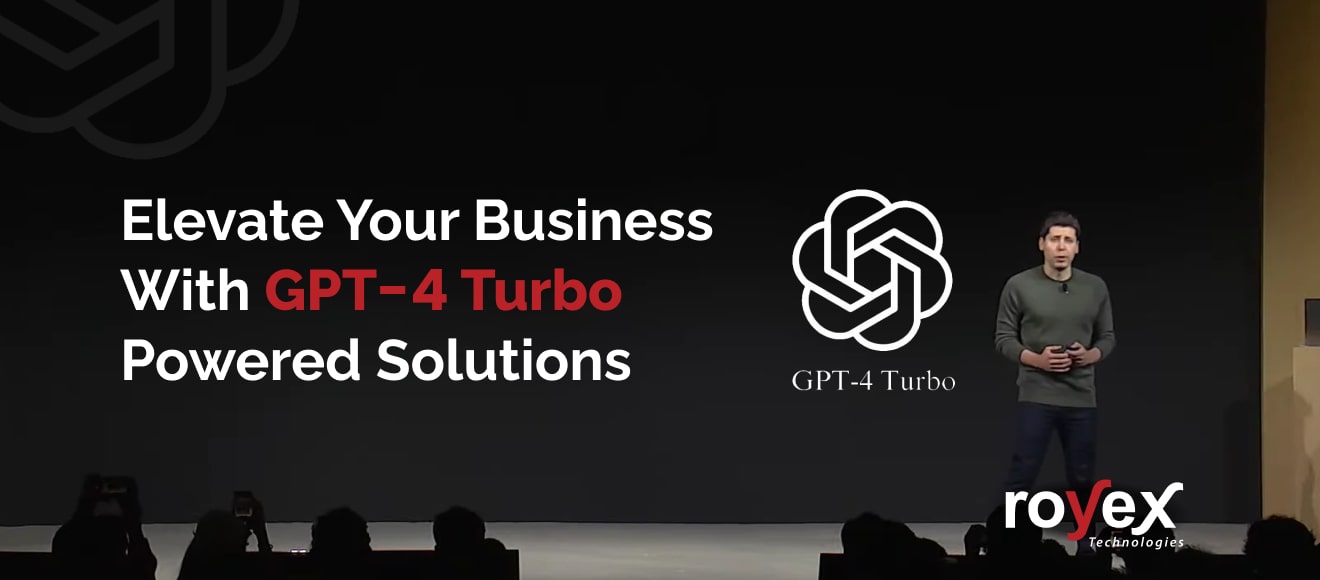
Elevate Your Business With GPT-4 Turbo Powered Solutions
At the first-ever OpenAI DevDay keynote event held on Monday, CEO Sam Altman unveiled a series of enhancements to their existing product lineup, which included the introduction of the most recent iteration of ChatGPT known as GPT-4 Turbo.
“Even though this is a developer conference, we can't resist making some improvements to ChatGPT—a small one,” Altman told the crowd. “ChatGPT now uses GPT-4 Turbo, with all the latest improvements, including the latest knowledge cut-off, which will continue to update.”
In this article, we will cover all the major announcements from the keynote and as well as explain how Royex Technologies can facilitate leveraging ChatGPT solutions for your company.
GPT-4 Turbo
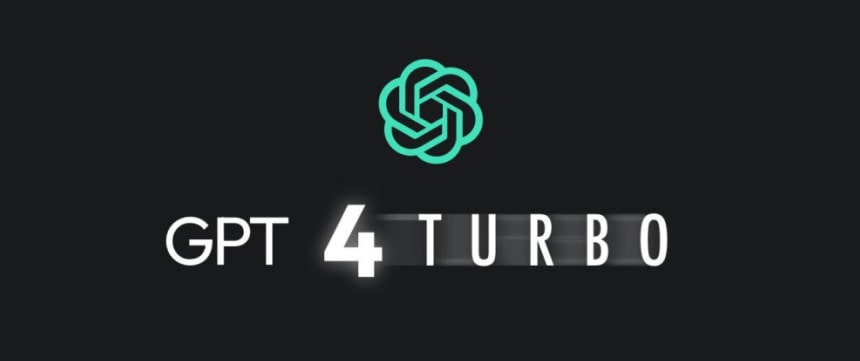
The latest iteration of GPT-4, known as GPT-4 Turbo, boasts several significant improvements. It now features a generous 128K context window, expanded knowledge spanning up to April 2023, and more budget-friendly pricing for both inputs and outputs.
“GPT-4 Turbo supports up to 128,000 tokens of context.” This context window expansion is substantial, equivalent to the capacity to process content equal to 300 pages in a standard book, which is a remarkable 16-fold increase compared to the previous 8K limit.
CEO Sam Altman underscored that GPT-4 Turbo not only excels in handling longer contexts but also significantly enhances its conversational accuracy. Additionally, GPT-4 Turbo introduces a novel feature called JSON mode. This feature ensures that AI models provide responses in valid JSON format, making it easier to interact with APIs. JSON is a widely-used open standard for file and data exchange, using human-readable text to store and transmit information.
Importantly, GPT-4 Turbo is seamlessly integrated into ChatGPT. This means that users will no longer need to select specific models such as Browse with Bing or Dall-E. ChatGPT will intelligently determine which model to utilize, optimizing the user experience.
Furthermore, OpenAI has introduced tools that empower developers to fine-tune GPT-4 to suit their specific requirements. This enables businesses to tailor their GPT-4 experience without the need to construct an entirely new model. We specialize in providing top-of-the-line GPT-4 development services that involve creating customized products and applications using the GPT-4 model and APIs. Reach out to us for premium app development with the latest GPT-4 Turbo.
Assistants API
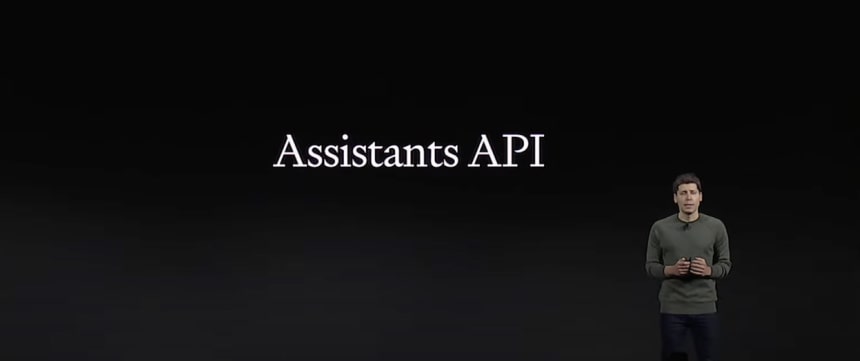
The newly introduced Assistants API offers developers a valuable tool for creating "agent-like experiences" within their applications. This API empowers developers to construct assistants with specific instructions, harnessing the capabilities of generative AI models to perform tasks such as data analysis, coding, and more. Notably, it is bolstered by Code Interpreter, an in-house tool from OpenAI that can generate and execute code.
With the Assistants API, OpenAI's customers can create assistants that follow precise directives, utilize external knowledge, and engage OpenAI's generative AI models and tools to accomplish various tasks. These use cases can span from creating natural language-based data analysis applications to coding assistants and even AI-driven vacation planners.
At the core of the Assistants API is Code Interpreter, an OpenAI tool designed to write and execute Python code within a secure, sandboxed environment. Additionally, the API leverages a retrieval component that supplements developer-created assistants with external knowledge, such as product information or documents provided by a company's staff. It also supports function calling, enabling assistants to invoke programming functions defined by developers and integrate the resulting outputs into their messages.
If any company is interested in developing such programs using the Assistant API to accomplish a certain task, Royex Technologies can do it for you as per your requirement.
Custom GPTs
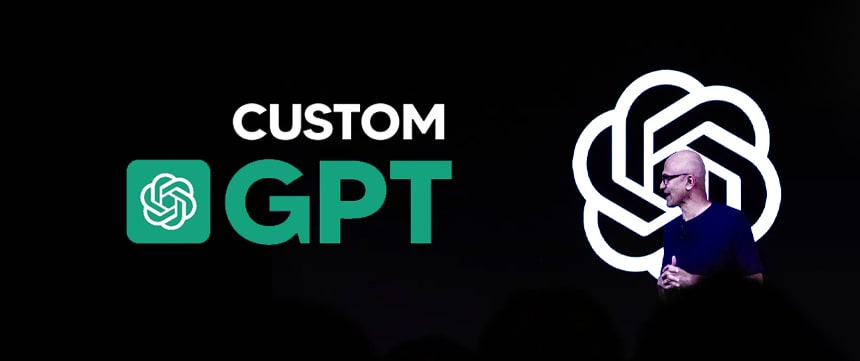
The GPT platform offers a no-code approach to creating customized AI agents for a wide range of tasks, and it's exclusively available to ChatGPT Plus subscribers. You don't need programming skills to craft a new GPT agent. You simply provide plain-language instructions, upload your own knowledge in the form of PDFs, videos, or other files, and then guide the AI's purpose, whether it's generating images or conducting web searches.
This technology has the potential to elevate AI to a new level for several reasons. Firstly, the GPT app concept can enable individuals to derive more value from AI by tailoring it to specific tasks. Secondly, the ability to fine-tune these tools according to your specific requirements, such as with unique data sets or image styles, has the potential to enhance AI beyond the broad, generic capabilities of ChatGPT today. Finally, creating an app store is a proven strategy for transforming a comprehensive computing foundation into a business that attracts a wide user base willing to pay for its services.
Our AI development team will create curated custom GPTs as per your needs. Leave it to us and empower your business today with a custom GPT tailored to your company’s requirements.
GPT Store
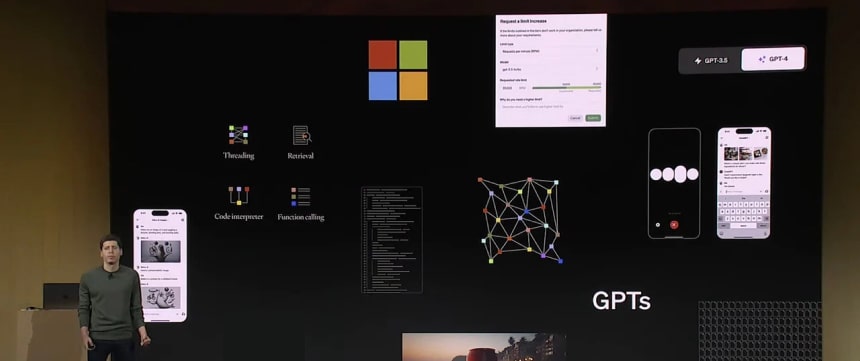
Arguably, the most significant announcement made today is the introduction of OpenAI's GPT Store, which will serve as the platform for distributing and, in the future, monetizing these GPT models.
OpenAI is not only providing a hosting and development platform for GPTs, but it is also taking on the roles of promotion and evaluation. However, the specifics of whether GPT creators will have the option to charge for their models independently or participate in a revenue-sharing model are not entirely clear at this stage. The concept of "verified builders" appears to be in place to prevent low-quality or potentially fraudulent content from gaining access to the platform, even though further details may emerge later.
During their presentation, OpenAI showcased GPTs created by Code.org, TripAdvisor, and Canva, suggesting that the initial focus may be on official applications rather than individual GPT experiments.
OpenAI's ambitions in this regard are ambitious, and their decision to establish themselves as a standalone platform separate from existing app stores and distribution channels could potentially lead to conflicts with industry giants like Apple and even their key supporter, Microsoft. Apple, for instance, may have concerns about monetization of GPT models outside of its App Store ecosystem, which means OpenAI will need to navigate this landscape carefully.
Copyright Shield
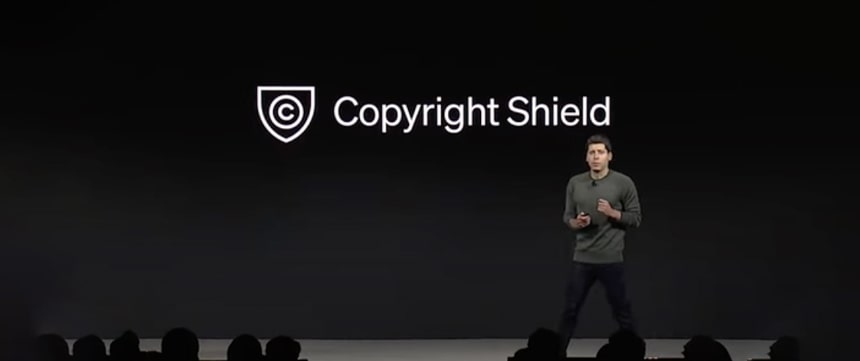
One of the notable announcements from the keynote, which could be particularly relevant to the music industry, is the introduction of 'Copyright Shield.'
Sam Altman introduced this as follows: "Copyright Shield means that we will step in and defend our customers and pay the costs incurred if you face legal claims around copyright infringement." This safeguard is applicable to developers using both the ChatGPT Enterprise product and OpenAI's API.
This development holds substantial potential for the creation of music-related GPTs, whether by established music companies, music-tech startups, or individual musicians. Licensing, especially when copyrighted material is involved, will play a crucial role in these applications.
It serves as a reminder that the ongoing discussions and debates around how AI interfaces with copyright should not deter the music industry from exploring the innovative possibilities that these technologies, and the companies supporting them, can offer.
You can watch the entire keynote here:
That’s all the coverage from the Open AI DevDay keynote. Follow our blog so you can keep up with the latest developments in the world of AI. Royex Technologies is a well experienced in AI development and can provide all kinds of ChatGPT solutions at your disposal. Contact us via email at info@royex.net or call us at +971 56 602 7916. To get started with us.





